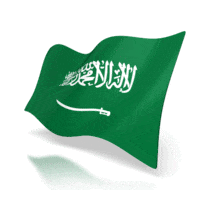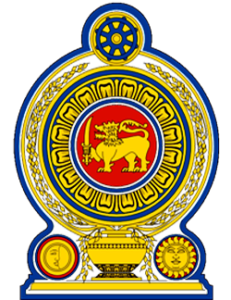The Hajj is an annual pilgrimage made by able Muslims around the world to the city of Mecca, in the Kingdom of Saudi Arabia. It is the largest annual pilgrimage in the world.
Hajj is the fifth pillar of Islam; a religious duty that must be carried out at least once in a lifetime by every affordable and able-bodied Muslim. Haj demonstrates the solidarity of the global Muslim community. It denotes the universal submission by the human beings to God (Allah in the Arabic language).
The pilgrimage takes place from the 8th to 12th day of Dhul-Hijjah, i.e., the 12th month of the Islamic calendar. The basic steps in the ritual of Hajj which spans less than a week,
- Starts by all pilgrims from across the global simultaneously converging to the city of Mecca
- On the first day, each person walks counter-clockwise seven times around the Ka’bah (the cube-shaped building) which acts as the direction of prayer for Muslims. During this brisk session specific prayers are uttered at certain points.
- A brisk walk is then made between the hills of Al-Safa and Al-Marwah (these two are now contained within the expanding mosque)
- Drinking some water from the perpetual well of Zam Zam
- After which the pilgrims travel several kilometres to reach the plains of Mount Arafat to stand in prayer
- Subsequently the group walks to an arena for the stoning of the columns
- The pilgrims then shave their heads
- Perform the ritual animal sacrifice
- And finally celebrates the fourth day global festival of Eid al-Adha.
A study in 2008 on the longer-term effects of participating in the Islamic Pilgrimage found that Muslim communities become more open after the Hajj experience. Another study conducted in conjunction with Harvard University’s John F. Kennedy School of Government entitled Estimating the Impact of the Haj: Religion and Tolerance in Islam’s Global Gathering’, found that the Hajj experience promotes peaceful coexistence, equality and harmony not only within the Islamic community but also among those of other faiths.
Government involvement in the Hajj process differs from country to country. While Islamic countries regulate the whole process, other countries assist by way of subsidies or other regulatory support.
In Indonesia, the Government takes full ownership for the organization of the Haj to Mecca. The law states that the Ministry of Religious Affairs is responsible for providing guidance, service and protection to the citizens during their pilgrimage. The Ministry also determines the costs associated with the Haj and issues the Haj passport.
In India, a national Haj Committee regulates the whole process through authorized Travel Agents. Pilgrims applying through the Haj Committee of India are offered concessionary fare. The Government of India pays the subsidy to Air India.
In Sri Lanka the Government regulates this process through a appointed Hajj Committee and the Department of Muslim Religious and Cultural Affairs. The Sri Lankan government aids the Muslim community in the following way:
- Negotiating the quota with the Kingdom of Saudi Arabia for the number of Pilgrim visas for Sri Lankan Muslims
- Registering Muslims who are interested to make the pilgrimage
- Registration of Hajj Tour Agents
- Distributing of pilgrim visa’s to each Hajj Tour Agents based on their performance/credentials
- Supervision of the whole Hajj process from the beginning to the end
- Sending Sri Lanka Medical Teams to the Kingdom, during the pilgrimage to serve the health needs of all Sri Lankan pilgrims
Source : Department of Muslim Religious and Cultural Affairs


